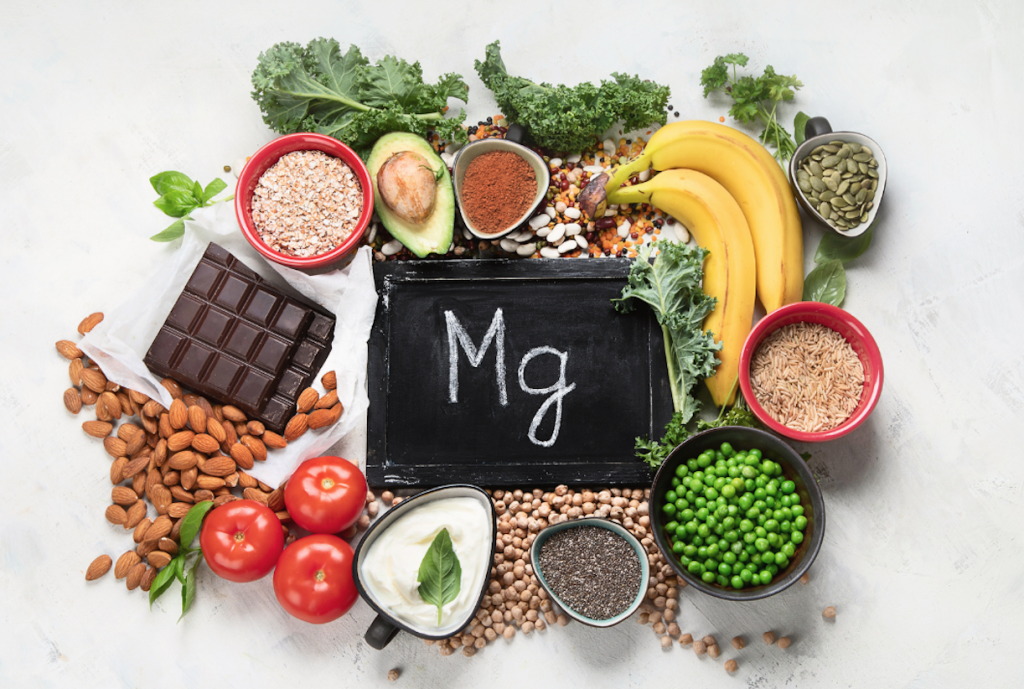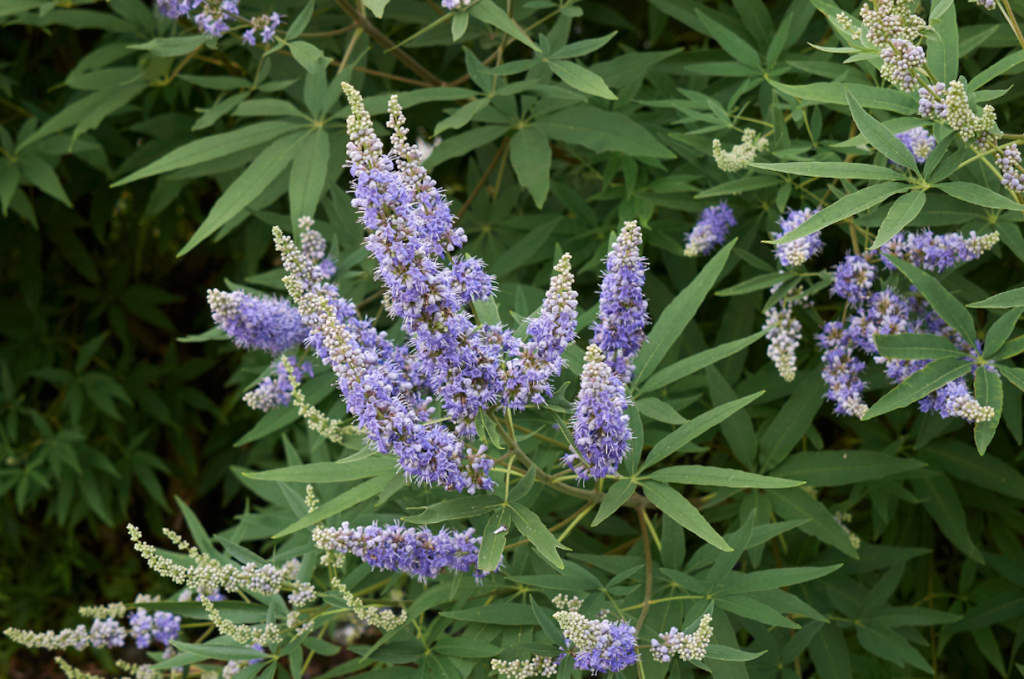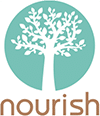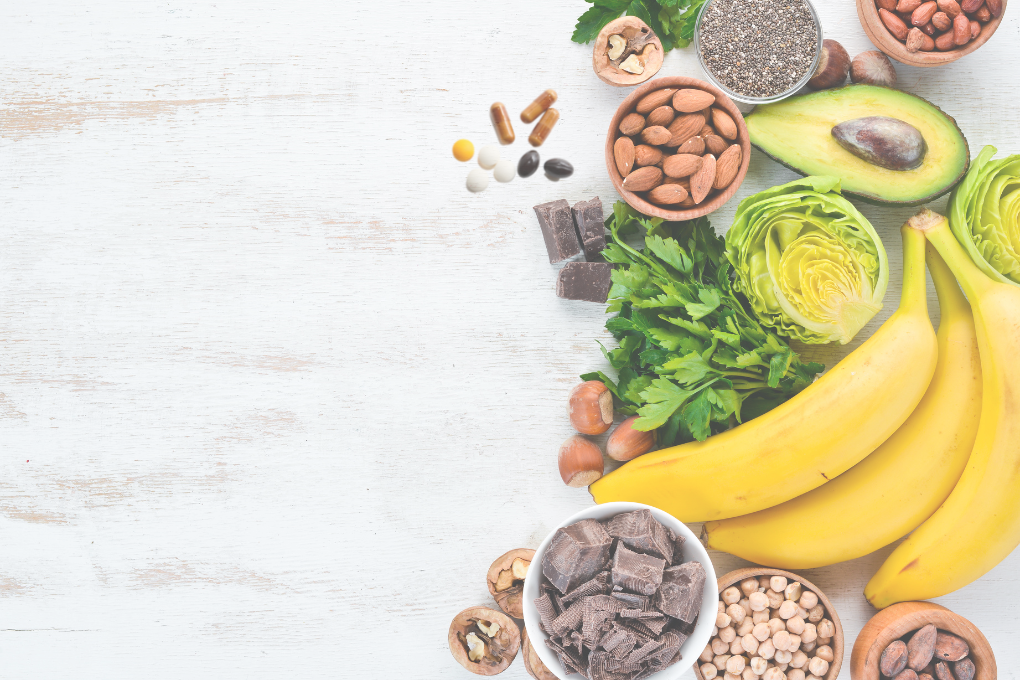Women's Health
The Top Diet Tips and Supplements to Relieve PMS Symptoms
Premenstrual syndrome (PMS) is a group of psychological and physical symptoms that can occur in women during the luteal phase of their cycle (between the time of ovulation and day one of the period). It is thought to be caused by fluctuating hormones throughout the menstrual cycle, however there is no singular cause. Some women may experience mild PMS symptoms, whereas others may experience debilitating symptoms each month and some women will have no symptoms at all.
Whilst PMS is very common (around 3 in 4 women say that they suffer from some form of PMS), it is not normal. A healthy menstrual cycle should be relatively pain free with minimal symptoms. If your PMS symptoms are enough to disrupt your day-to-day routine, it is important to speak with a health professional to find the root cause of the symptoms, rather than treating them somewhat aimlessly.
What are the symptoms of PMS?
Some of the most common symptoms of PMS include:
- Mood swings
- Headaches
- Abdominal cramps/pain
- Breast tenderness
- Intense food cravings
- Acne
- Bloating
- Fluid retention
- Irritability
- Anxiety and/or depression
This is not to say that you have PMS if you experience any of these symptoms, as these could be a result of other hormonal conditions or something else that is going on in your life. For it to qualify as PMS, symptoms need to occur in the 10 days before your period, and disappear shortly after the bleed begins.

So, what can you do?
Fortunately, there are a number of dietary changes and supplements that can help to alleviate PMS symptoms. Let’s go through these in more detail.
Diet
Diet is considered to be one of the most influential behaviours that determines whether PMS symptoms are experienced. There is strong research to show that a balanced diet rich in fruits and vegetables is protective against PMS. This is due to the high content of micronutrients (vitamins and minerals), antioxidants and phytochemicals that fruits and vegetables contain. These are important for reducing oxidative stress and inflammation in the body.
In several studies, researchers found that PMS symptoms were reported more in those consuming a diet high in saturated fat, sugars and salt. Consuming these foods in high amounts can increase the level of pro-inflammatory cytokines in the body, putting you at a higher risk of experiencing PMS.

Supplements
There are a wide variety of supplements that may be useful to alleviate PMS symptoms. This next section discusses just 4 of these that may help to relieve the most common symptoms. If you want a more individualised approach, book in to see our Nutritionist, who can prescribe supplements specifically for you.
Magnesium
Magnesium is responsible for over 300 functions in the body, so it is no wonder that it plays a role in PMS support. There is a growing amount of evidence to show that magnesium deficiency could be part of the cause for symptoms such as abdominal cramps, mood swings, anxiety, fluid retention and breast tenderness. In a recent review, most women diagnosed with PMS had below optimal levels of magnesium.
Magnesium can be found in foods such as nuts, seeds, and leafy green vegetables, however food sources are often not enough. When correcting a magnesium deficiency, it is recommended to take a high quality supplement at a dose of around 300mg a day. Additionally, magnesium supplements containing vitamin B6 were found to be more effective than those with magnesium alone.

Vitamin B6
As mentioned before, vitamin B6 in combination with magnesium seems to be the go-to for alleviating PMS symptoms. Vitamin B6 helps to reduce inflammation in the body, and is also essential for the production of multiple hormones and neurotransmitters that are important in mood regulation. Lastly, vitamin B6 is a natural diuretic, so may assist with reducing fluid retention.
Vitex agnus castus
Vitex, also known as chaste tree, is a potent herb that is often used for female reproductive health. Vitex is helpful to relieve PMS symptoms such as irritability and mood changes due to its calming effect on the central nervous system. It is also found to be beneficial in reducing breast tenderness and acne, as it has the ability to lower prolactin (a hormone) levels.

Zinc
Zinc is an important mineral when it comes to reproductive health, hormones, skin health and fertility. In a recent study, zinc supplementation of 30mg a day was effective at reducing both emotional and physical symptoms of PMS. Zinc may be beneficial for reducing acne, treating menstrual pain, and improving mood. Zinc supplementation is relatively inexpensive, easily available, and well tolerated when taken with food.
In Summary
PMS is a very real syndrome that affects most women at some point throughout their reproductive years. Many women will just learn to deal with the symptoms they experience, preventing them from seeking help. The dietary changes and supplements mentioned in this post can be life changing for some people, but may do very little for others. It is best to work with a health professional whilst working through these health concerns to reap the most benefits. You can find out more about what a Nutritionist can help with here.



